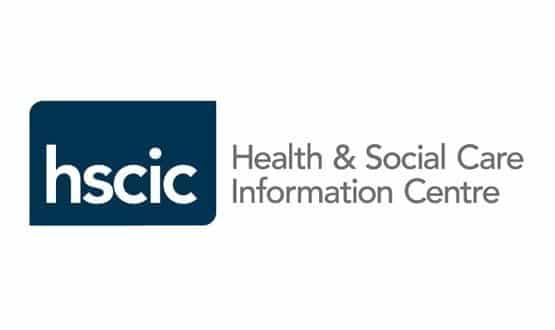The Health and Social Care Information Centre will release a report on reducing the burden of data collection for the NHS this month.
HSCIC chair Kingsley Manning spoke at EHI Live 2013 today about the organisation’s draft strategy for the next 18-months and longer-term goals. "We do have to have a bit of a burn of the data collections," he said.
Health secretary Jeremy Hunt has asked the HSCIC to provide a plan “for reducing bureaucracy and burden that diverts valuable resources away from the delivery of safe, and compassionate care."
The organisation launched a ‘Let’s Bust Bureaucracy Together’ campaign in October to transform the way the NHS thinks about managing burden and bureaucracy.
A key focus of the project is to establish a single dataset and move towards an electronic patient record to address the burden. The campaign involved audits of data collections carried out across 50 sites.
Manning said a final report, by Mike Farrar, chief executive of the NHS Confederation, will highlight the fact that organisations are happy to provide the HSCIC with information if they can see the point of it.
However, organisations complain that they send through huge amounts of data, but see nothing come of it or only see something in return 18-months later when it is no longer useful.
"We have to show relevance, critical timely evidence, so we are trying to do something about total data returns for providers," he told the audience at the NEC in Birmingham.
Manning also outlined the key themes of the HSCIC’s draft strategy for the next 18 months.
Part of its role will be to rebuild bridges with suppliers, to encourage a vibrant and strong health informatics industry in the UK.
It also needs to encourage the "best and brightest" IT graduates and professionals to work in the NHS. Manning said there are reputational and pay issues to overcome and the NHS needs to invest more in its informatics staff.
Manning said he feels positive about the future because the health service has, for the first time: "A secretary of state who actually understands technology and is enthusiastic about it and believes it is absolutely key in transforming the whole of the care system."
He said Hunt wants the HSCIC to become the Office of National Statistics for healthcare and that it plans on not only publishing more data, but publishing more insight into the data.
The centre will publish some work on A&E before Christmas that will illustrate this intent. A&E is a key focus for the government at the moment, with predictions of a ‘winter crisis’ already making the headlines.
The HSCIC will also launch a user group to learn about how users of the data use it and what would be a more useful format for presentation.
"There’s no point spending time and money collecting data for nobody to use it," he explained.
Manning said informing patients about why the NHS collects their data and how it is used is another key area of work. The HSCIC plans to engage with universities and schools as part of an educational programme.
The HSCIC is feeding into an Information Services Commissioning Group national technology strategy, which is due to be published in March, around the same time as NHS England’s technology strategy, which was originally due for release this December.
"The ISCG is currently developing a technology and information strategy for the health and social care system as a whole, through a process led by NHS England.
"The HSCIC strategy document will be one contribution to that process, with the ISCG’s strategy due to be published in March," an NHS England statement says.

